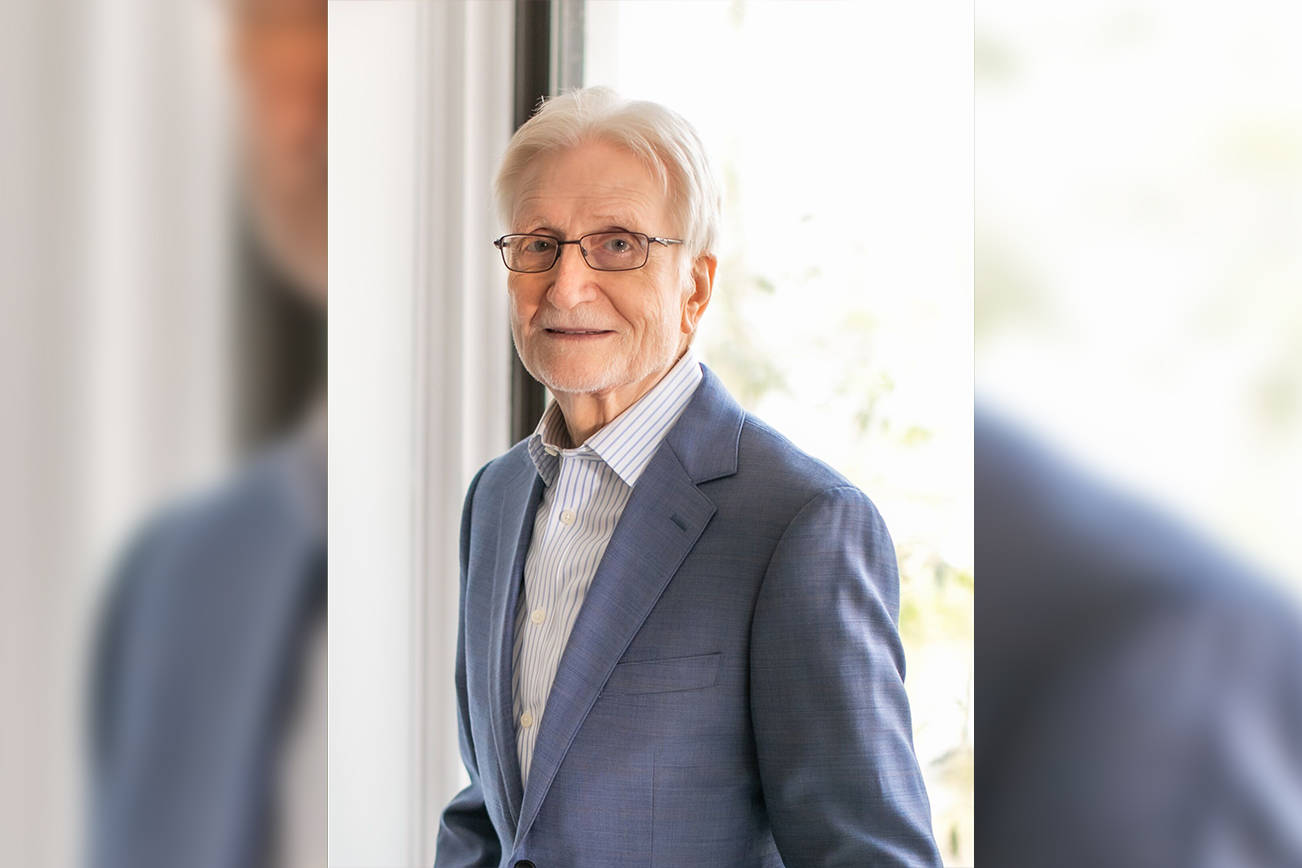Bruce Benton, who moved with his wife from Bethesda, Maryland to Orcas Island permanently last year, is spearheading an electric vehicle charger project.
“I realized shortly after we arrived that vehicle emissions were by far the largest source of pollution on the island,” Benton said. ‘The biggest concern is ocean acidification caused by carbon emissions that are threatening the shellfish and oyster industries in Puget Sound – major job employers in Washington State. Acidification is also leading to a declining salmon population that in turn threatens orcas. There is extensive research in the scientific literature showing that offshore ocean acidification in Puget Sound and the Gulf of Alaska is among the five worst areas in the world for this problem.”
Benton says the only practical sustainable solution is for island residents and tourists from the mainland to transition to EVs as soon as possible.
“The economic incentives for transitioning are major, given the sizable differential between the cost of gasoline and the cost of electricity on Orcas,” he said. “People who shift from ICE (internal combustion engine) vehicles to EVs can save up to $2,000 annually on fuel costs alone. Savings on maintenance costs can also add up to another $1,000 because EVs do not require oil changes, spark plug replacements, radiator flushing, etc. In addition, there are currently seven publicly available level II chargers around Orcas so that EV owners can charge for free while shopping at Island Market or while picking people up at the ferry terminal.”
Benton concluded, however, that the number of publicly available EV chargers needs to be tripled to more than 20 to achieve the acceleration in transition that is needed to deal with the pollution threat. He says “getting to at least 21 publicly-available chargers looks like a possible tipping point that could place the Island on a faster track to zero emissions through EV adoption. Even the two rental car companies on OI have said they will seriously consider transitioning to EVs if the EV charger infrastructure can be built out to this extent.”
Benton’s project so far has consisted of working with local businesses to help them install EV chargers.
As he describes it, “there is considerable interest among local businesses in installing chargers. Studies have shown that installing EV chargers can be a boon to business. They increase the dwell time of EV-charging shoppers by more than 300%, leading to greater purchases. EV chargers are an important attraction to stay in inns and hotels that permit EV drivers to charge overnight. One study by RetailCo, a company in North America specializing in retail goods, showed that by spending $430 on electricity for clients who were charging, local businesses increased sales by $56,000 – more than a $130 gain per dollar invested in EV charging.”
Benton has contacted seven businesses, which have committed to installing 10 chargers. He said the first priority is Ray’s Pharmacy, which has agreed to serve as the home base for the nonprofit free-ride service, IslandRides. Through a grant from the Orcas Community Foundation, IslandRides recently purchased a Blue Nissan Leaf which began this week to offer free rides for people who cannot drive or don’t have access to a vehicle. The EV was purchased through Island E Cars under the OPALCO Happy Deal, which provides a free EV charger and up to $2500 to install it with the purchase of a used EV.
“We need to get that charger installed at Ray’s as soon as possible to enable the ride service to scale up and to begin deliveries for the Food Bank beginning July 1. The major constraint is finding an electrician to complete the installation,” Benton said. “There are probably a number of other businesses that are interested in installing EV chargers and need assistance to get it done. I hope they, as well as electricians who might see this as important work, will contact me at brucebenton40@gmail.com. I would also like to see EV chargers installed at Moran and Obstruction Pass State Parks, as well as at the Library, Orcas Center, and Buck Park, but these may be more difficult to arrange.”



